Affiliate links on Android Authority may earn us a commission. Learn more.
AMD CPU guide: How to pick the best Ryzen processor for your needs
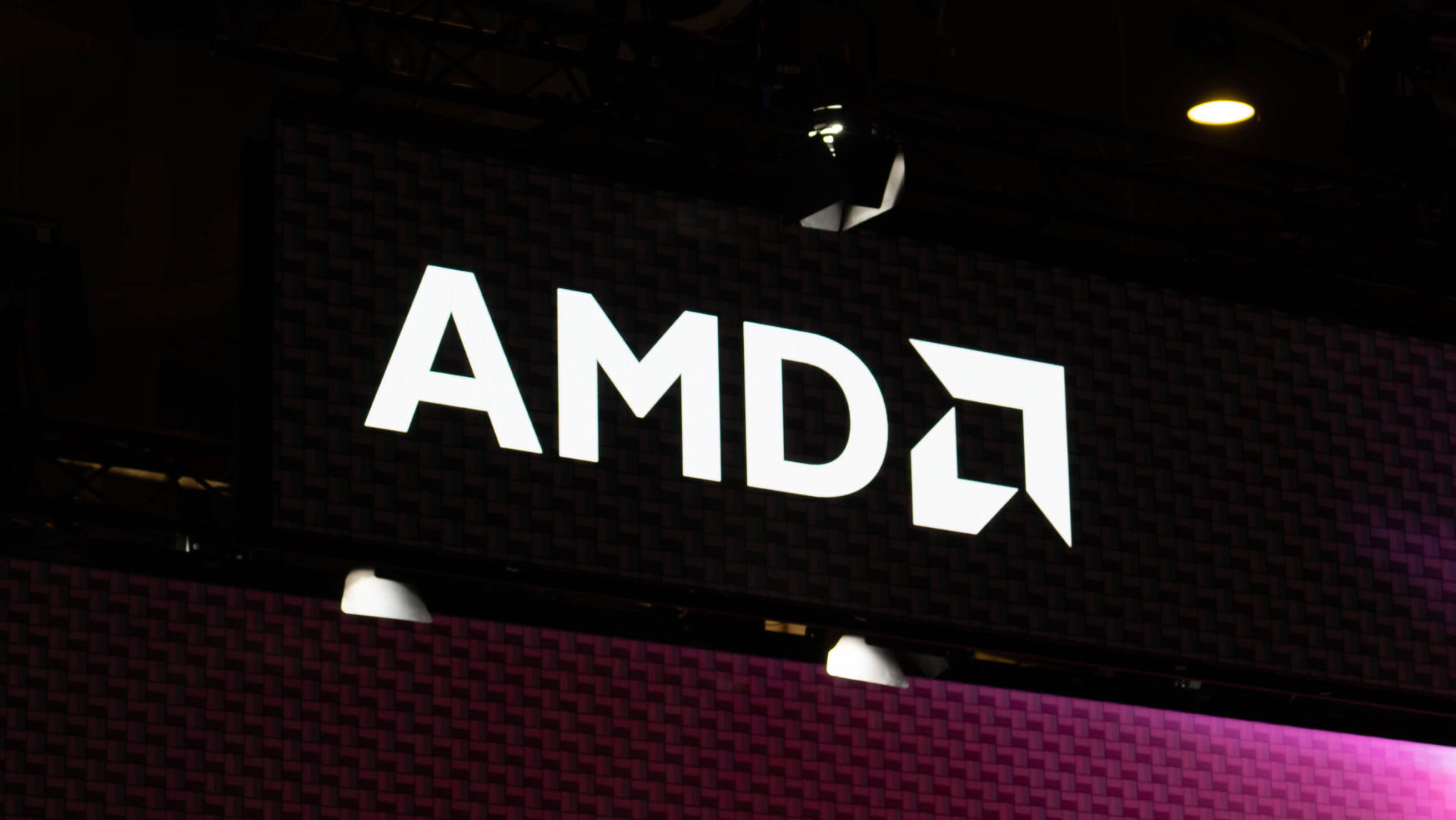
AMD was once the underdog in the semiconductor industry for years. Starting as a licensed chip manufacturer for giants like Intel, it wasn’t a big name in the space for a while. The company eventually started designing its own chips, but its first big break was when it introduced the first 64-bit desktop chip in 2003, beating Intel to market. Fast forward to today and AMD has become a formidable player in the CPU market, offering excellent performance at competitive prices. From desktop PCs to servers and
Since the release of AMD’s Ryzen lineup in 2017, the company has regained considerable market share in the CPU industry. With that in mind, you may now face the confusing choice of picking the best AMD CPU for your needs. Here’s our AMD CPU guide to help you with that.
AMD CPU vs APU, and processor naming conventions
AMD’s naming convention for its processors is not very complicated. AMD offers two types of processors — CPUs and APUs. An APU, or an Accelerated Processing Unit, is just a marketing name that AMD uses for its CPUs that have integrated Radeon graphics. For the Ryzen lineup, the naming system includes the brand name and tier followed by the model number, and sometimes, a suffix. The model number is four-digits long.
While we’ve only got five major architectures of Ryzen CPUs so far, there are 8 generations in total — 1000, 2000, 3000, 4000, 5000, 6000, 7000, and 9000. That’s because AMD sometimes used the same architecture for more than one generation. But don’t worry, if you’re just shopping for a new desktop or laptop, keep reading to find out how to decode the company’s confusing naming scheme.
The first two digits of a Ryzen processor's model number reveal its age and performance level.
The first digit in the model number tells you the series of the processor. For example, Ryzen 9xxx tells us that we’re dealing with one of the latest chips.
The second digit is a performance identifier; the higher, the better. With these two rules, you can tell that the Ryzen 9600 is not only newer than the Ryzen 5500, but also more performant.
AMD sometimes also uses suffixes after the model number to help identify the other features of its processors. Here’s a legend of the AMD processor suffixes we’ve seen so far.
| Suffix | Meaning |
|---|---|
G | Has integrated AMD Radeon Graphics |
GE | Has integrated AMD Radeon Graphics, but lower performance |
X | Higher-clocked desktop processor |
XT | Higher-clocked desktop processor with even better performance than X |
S | Energy efficient desktop processor with integrated AMD Radeon Vega Graphics |
H | High-performance mobile processors with integrated graphics |
HS | High-performance processors with integrated graphics and lower power draw |
U | Lower clocked mobile processors for thin-and-light laptops |
AMD Ryzen series processors
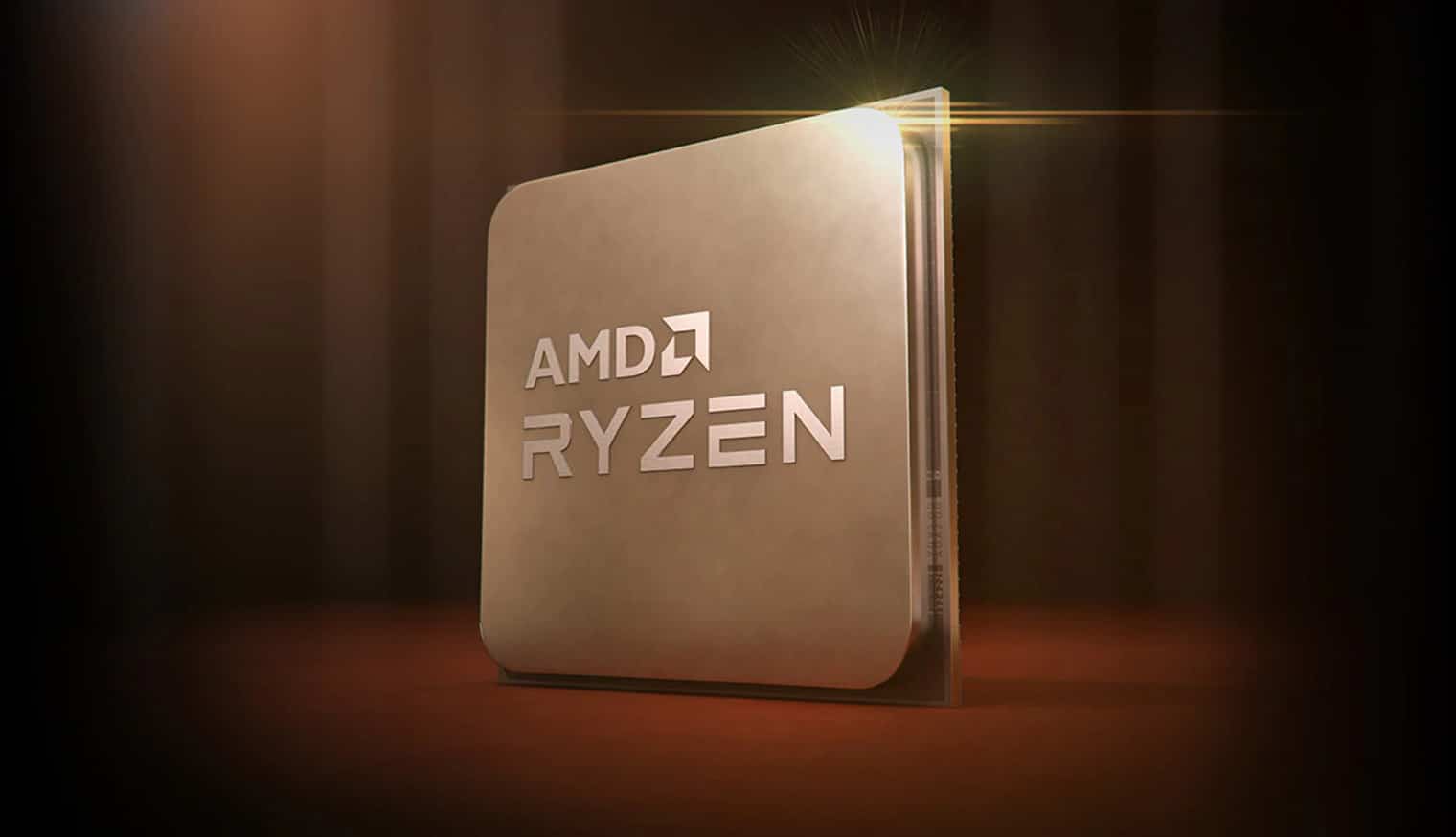
AMD Ryzen is the company’s most popular processor lineup. After a rather low-key run in the market for a few years, AMD debuted its brand new Zen architecture with the Ryzen series of CPUs. Released in 2017, it has quickly become a solid alternative to Intel’s Core lineup.
Just like Intel’s Core series, Ryzen also has four tiers. You can find Ryzen 3, 5, 7, and 9 chips present in both desktops and laptops these days. While AMD surprised Intel with its excellent performance shortly after Ryzen’s debut, the gap between the two companies’ offerings has since narrowed. And more often than not, Intel and AMD will trade wins from one generation to the next.
AMD Ryzen is not outright better than Intel as the winner can change from one generation to the next or from even computer to another. You’ll have to compare individual models to know which processor works best for your needs.
AMD Ryzen 3 CPUs: Bare essentials but now outdated
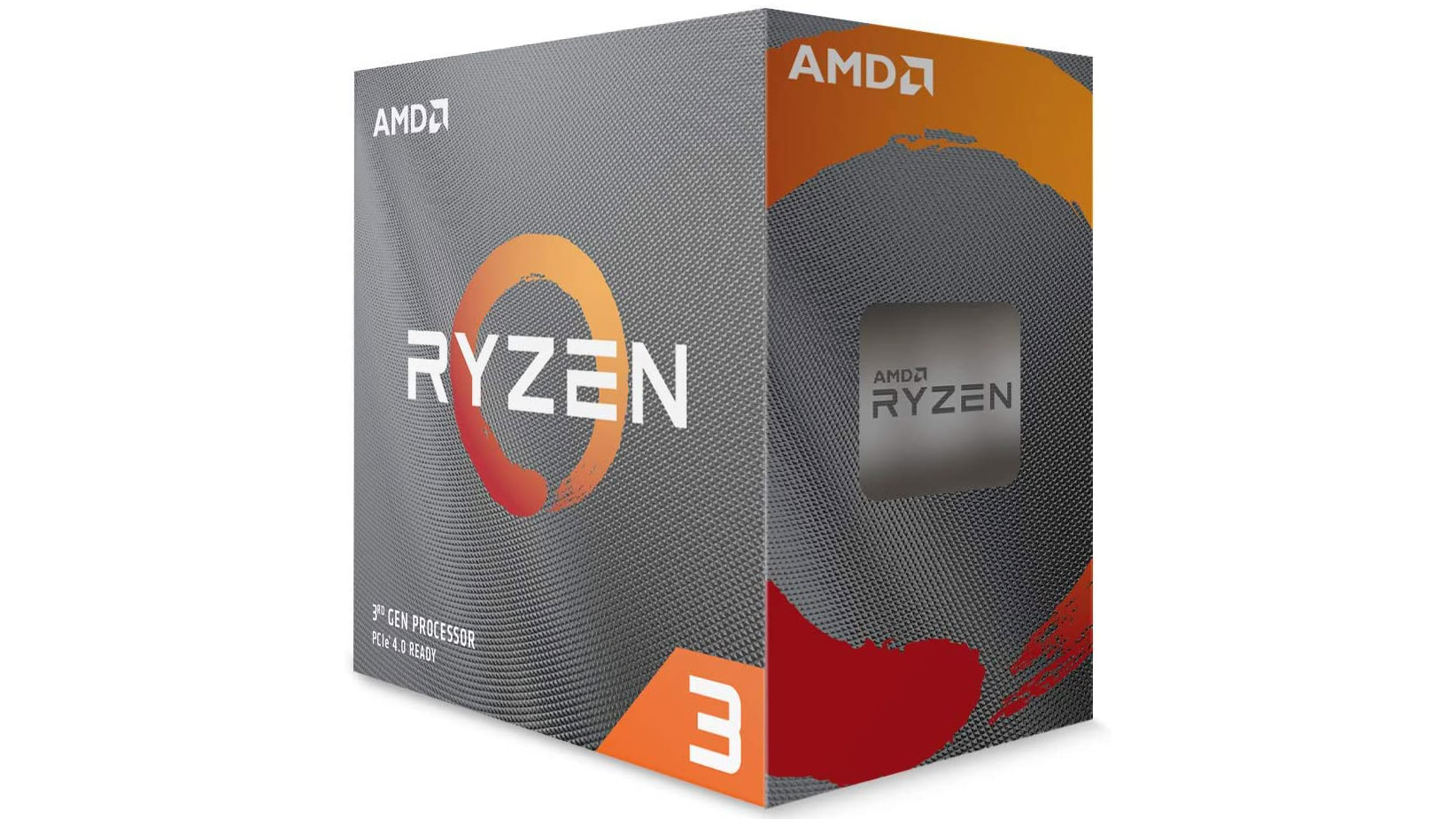
AMD’s Ryzen 3 is the most affordable of the series. The company offers solid performance with these chips, and they fit nicely into budget PCs. Ryzen 3 chips are also a good fit for affordable gaming PC builds, home computers for basic needs, or something like a budget home theater PC.
Unfortunately, the Ryzen 3 lineup has become a bit stale with no new releases in quite some time. The 5000 series didn’t bring any new chips, and we’re well over a year into the 7000 series with no trace of Ryzen 3. For now, you have two APU options with last-generation Zen 2-based architecture. These older Ryzen 3 chips were released in April 2020 — some of the last Zen 2 Ryzen CPU releases we saw. Keeping that in mind then, we would strongly advise against investing in a new Ryzen 3 build at this point.
We strongly discourage buying a new Ryzen 3 machine at this point.
If you want to buy the best AMD Ryzen 3 processor right now, practically your only option would be the AMD Ryzen 3 3300X. AMD simply hasn’t made a retail version of the Ryzen 3 with the 5000, 6000, 7000, or 9000 series yet. The 4300G does exist, but it was only sold to hardware vendors like Dell and HP and not to end users. At any rate, we wouldn’t recommend picking one up unless you’re on an extremely tight budget.
AMD Ryzen 3 3300X — Our AMD Ryzen 3 CPU recommendation
- 4 cores, 8 threads
- 3.8GHz base clock
- 4.3GHz boost clock
- L1/L2/L3 cache: 256KB/2MB/16MB
- Supports up to 3200 MHz DDR4 RAM
- 65W TDP
- MSRP: $120 (at launch)
AMD Ryzen 5 CPUs: The reasonable choice
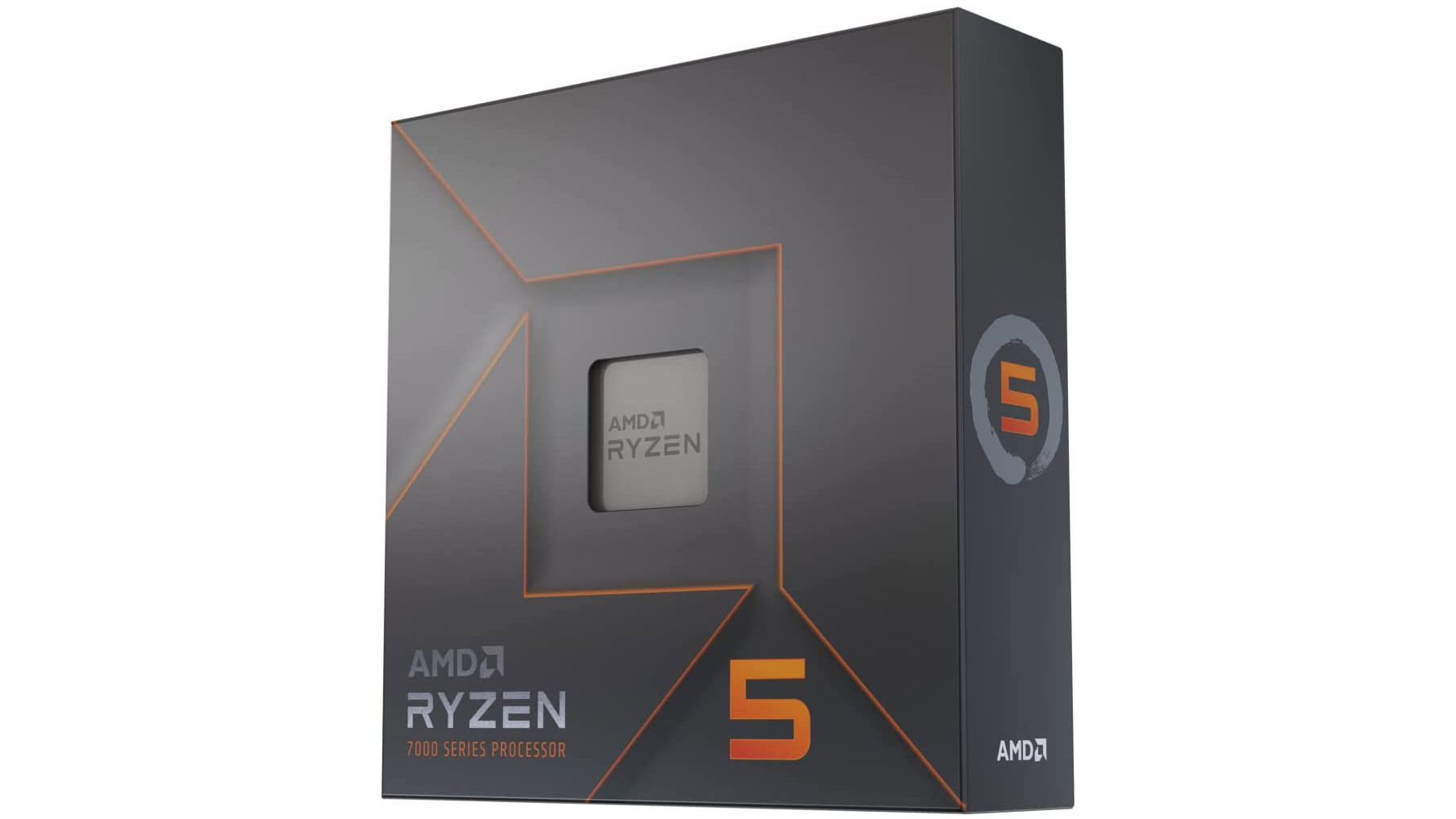
AMD Ryzen 5 offers a solid middle-ground for those looking for a processor that can perform well without breaking the bank. It’s simply the best CPU series for most people. Ryzen 5 is perfect for mid-range systems like affordable workstations or gaming systems that don’t need to go all out. And with the Zen 5-based 9000 series, Ryzen 5 got even more powerful. The 9600X currently sits at the top of the Ryzen 5 stack, offering six cores and 12 threads at a boost clock of over 5GHz.
Over on the laptop side, we’re still stuck with the Zen 4 architecture so look for model numbers in the 8x4x series. The third digit signifies the exact Ryzen generation, or Zen 4 in this case. You may also see the letter U or HS tacked on to the end of the model number. You can reference our suffix table above to understand what they signify.
AMD Ryzen 5 9600X — Our AMD Ryzen 5 CPU recommendation
- 6 cores, 12 threads
- 3.9GHz base clock
- 5.3GHz boost clock
- Supports up to 5600MHz DDR5 RAM
- 65W TDP
- MSRP: $279
AMD Ryzen 7 CPUs: High-end performance
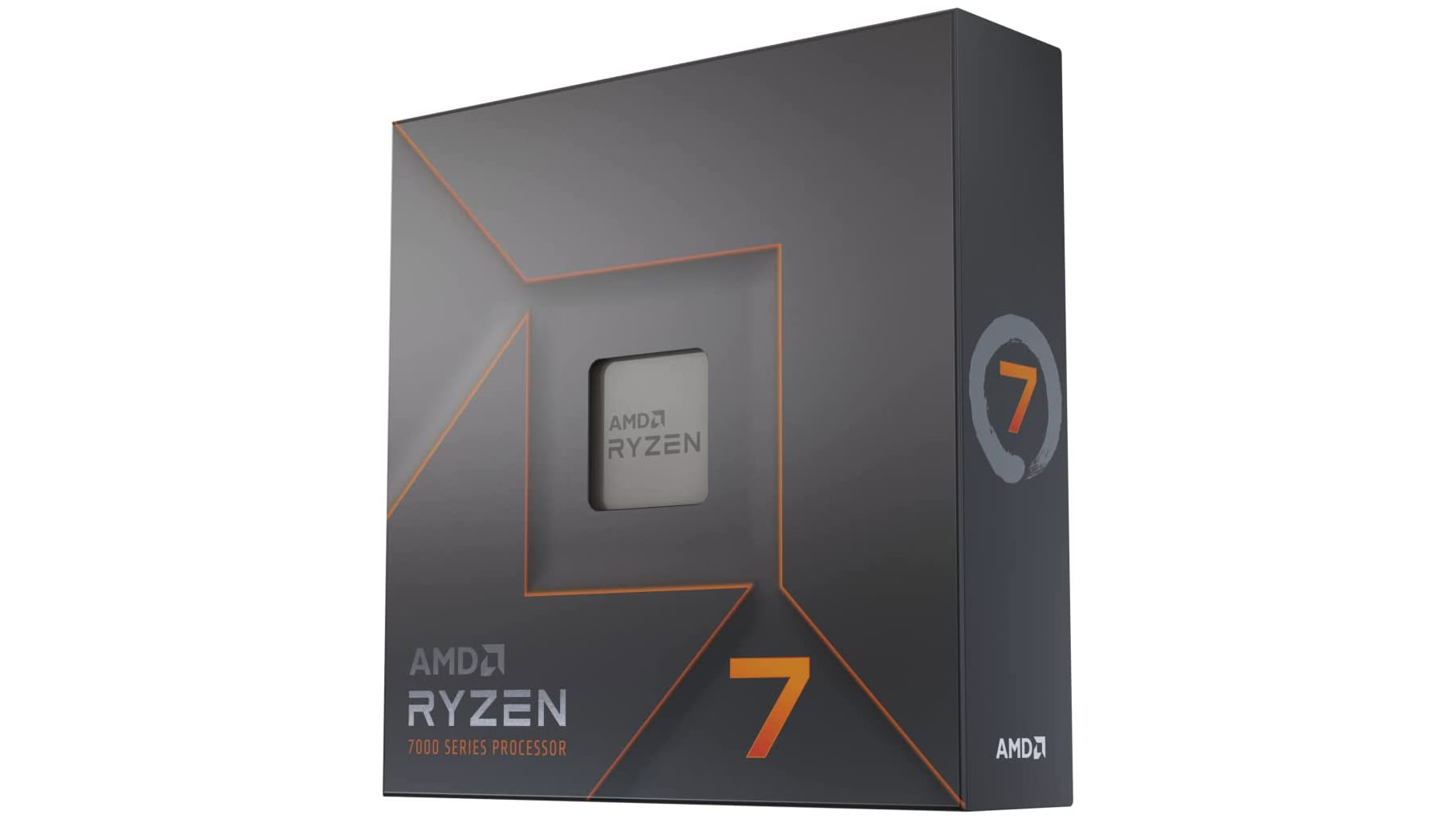
AMD Ryzen 7 is the former flagship CPU tier from AMD. These high-performance processors target workstations, content creation, and high-end gaming. If you’re looking for a high-end AMD Ryzen processor but want to stop short of excess, Ryzen 7 is a perfect choice. There are also typically a couple of variants with the X3D suffix, which adds an extra bit of cache to the chip. This helps achieve better performance while gaming but can have a negative impact in non-gaming tasks.
The best desktop processor in the Zen 5 series is currently the Ryzen 7 9700X, which has eight cores and 16 threads. It doesn’t have AMD’s 3D V-Cache technology that offers better gaming performance, though, and you can spring for the 9800x3D for the absolute best performance in the Ryzen 7 tier.
In the world of laptops, meanwhile, the Ryzen 7 8845HS sits at the top of the stack. The 8840U retains the same number of cores and threads, but consumes less power and is designed for ultrabooks.
AMD Ryzen 7 9700X — Our AMD Ryzen 7 desktop CPU recommendation
- 8 cores, 16 threads
- 3.8GHz base clock
- 5.5GHz boost clock
- Supports up to 5600 MHz DDR5 RAM
- 65W TDP
- MSRP: $359
AMD Ryzen 9 CPUs: No compromises
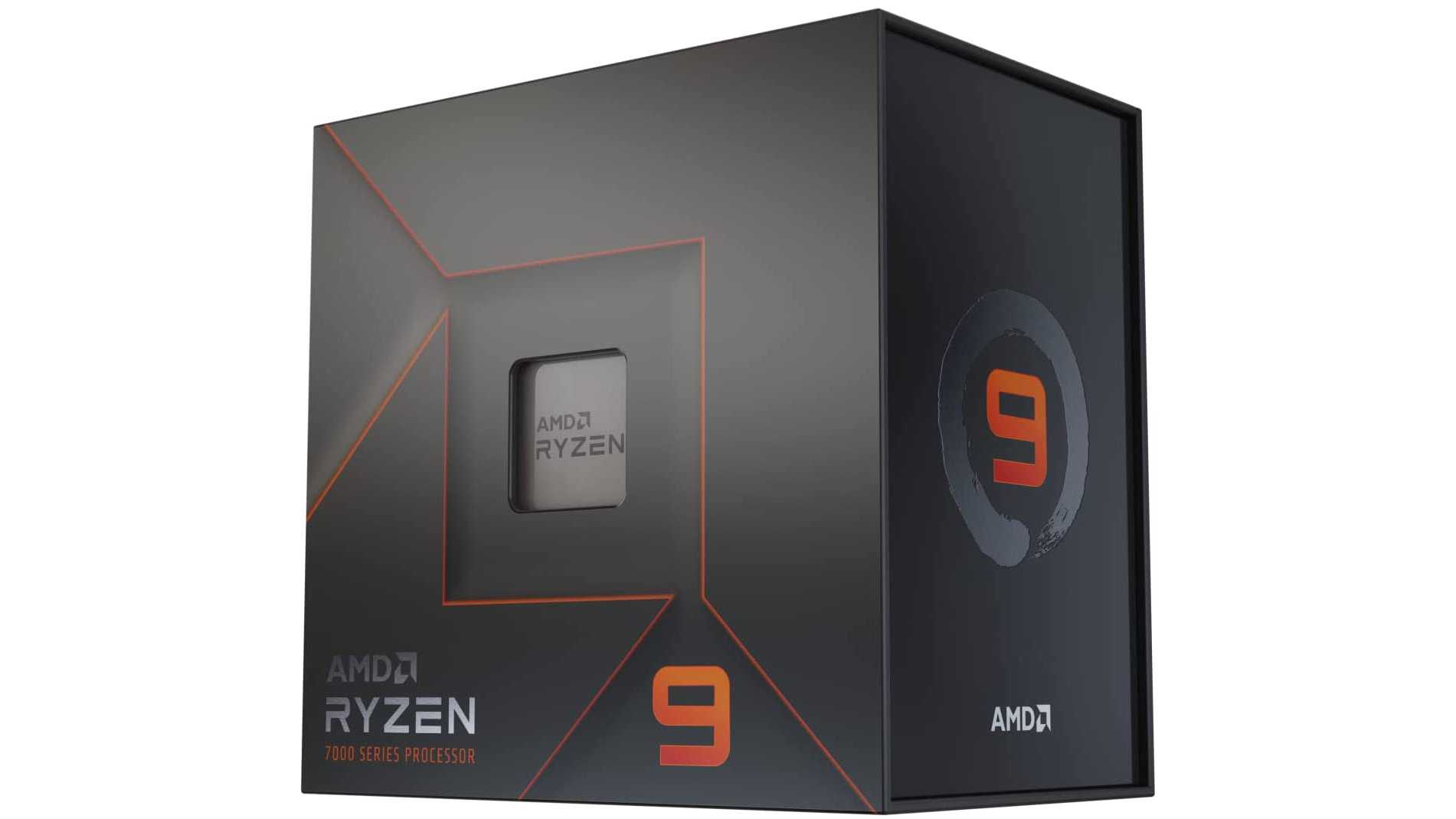
AMD Ryzen 9 offers the maximum performance in the Ryzen series. It’s the flagship lineup of the Ryzen brand, and it packs in just about all the features you could get from a consumer CPU at this point. For highe-end gaming systems and content creation rigs made to handle the most intense workloads, Ryzen 9 is the right choice.
High-performance CPUs are unlikely to be used without a dedicated GPU. Even so, AMD has included graphics in all of its latest high-end processors. AMD offers quite a few CPU options in this tier, with two different core configurations. You can either go for a 12-core, 24-thread CPU or max it out with the 16-core, 32-thread option.
Only the highest-end gaming laptops typically pack Ryzen 9-series chips. Unfortunately, AMD made a bit of a naming mess with the latest Zen 5-based laptop chips. Instead of the four-digit nomenclature, the latest mobile chips fall under a new “300 Series”. The Ryzen AI 9 365 and Ryzen AI 9 HX 370 pack excellent performance for laptop chips, and the latter comes with the best integrated graphics on a portable device. The AI bit refers to the inclusion of an NPU or neural processing unit for AI acceleration.
AMD Ryzen 9 9950X — The best AMD Ryzen 9 CPU available today
- 16 cores, 32 threads
- 4.3GHz base clock
- 5.7GHz boost clock
- Supports up to 5600 MHz DDR5 RAM
- 170W TDP
- MSRP: $649
AMD Ryzen Threadripper series processors
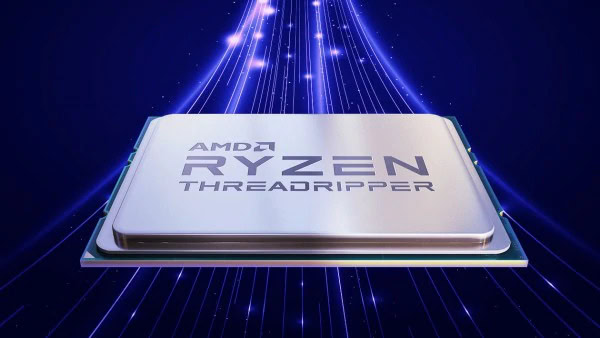
AMD’s high-performance CPU lineup doesn’t stop at the Ryzen 9 series. The Threadripper line has some of the beefiest and most insanely overpowered processors you can buy.
While AMD’s Ryzen chips max out at a 170W TDP, AMD doesn’t hold back with the Ryzen Threadripper lineup. You get a max TDP of up to 350W, and a whopping 64 cores and 128 threads. Ryzen Threadripper processors are also quite huge in size compared to the Ryzen chips. The extra room goes for all the additional silicon and core configurations.
The Ryzen Threadripper 7980X and 7970X are some of the best CPUs on the retail market today, although they will cost a pretty penny. The Threadripper line isn’t meant for gaming and casual use and you may even see these CPUs perform worse than their mainline Ryzen counterparts. This is because they have lower clock speeds to account for the high core count.
AMD also hasn’t updated the consumer Threadripper lineup in several years at this point so we cannot recommend buying it in 2025.
AMD Ryzen Threadripper 7980X — Upper-end AMD Ryzen Threadripper CPU
- 64 cores, 128 threads
- 3.2GHz base clock
- 5.1GHz boost clock
- Supports up to 5200 MHz DDR5 RAM
- 350W TDP
- MSRP: $4,999
AMD Athlon series processors
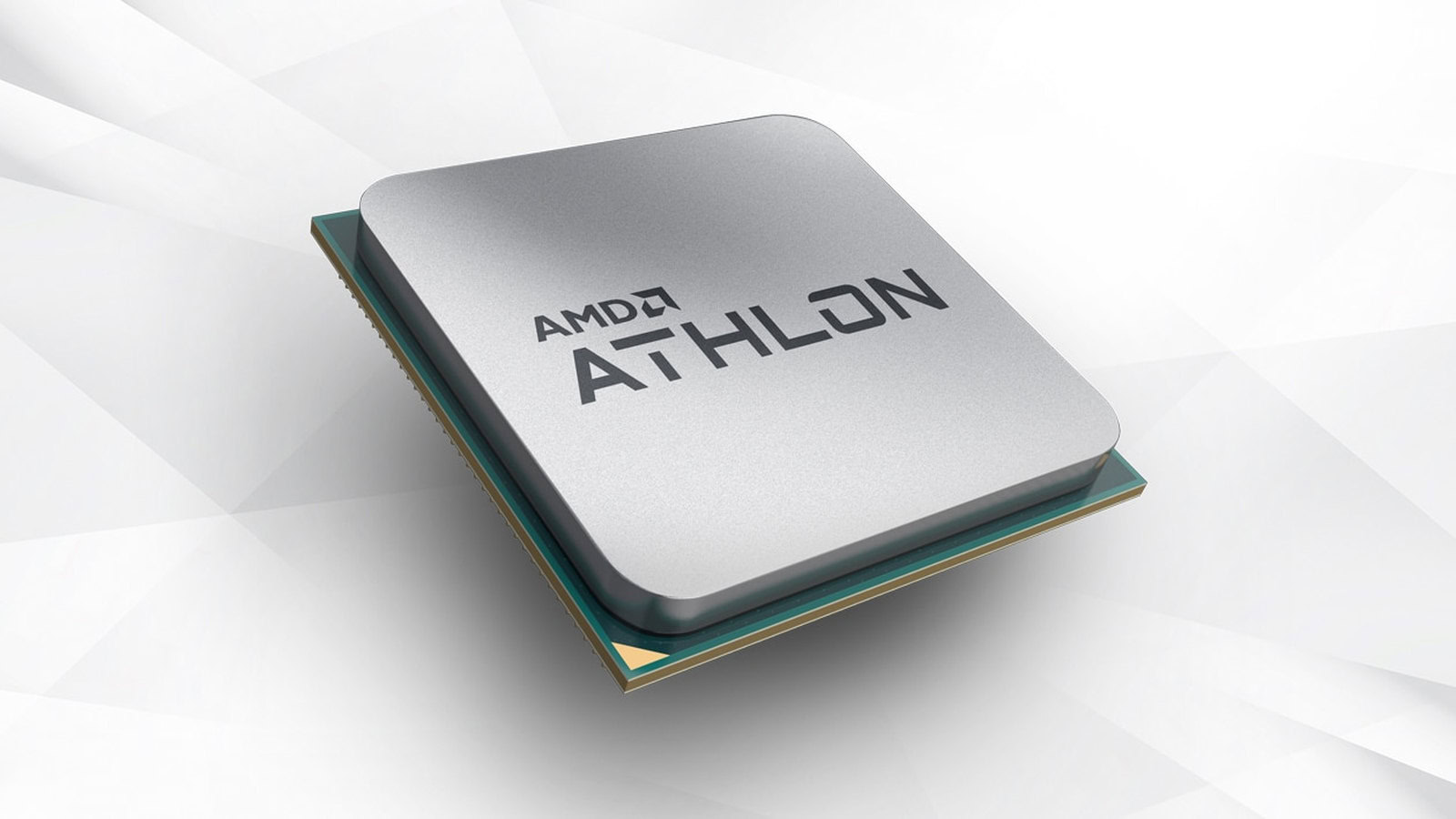
Looking for an ultra-budget option? The old AMD Athlon brand has returned from the dead and the company now uses the brand to cater to the budget PC market. Athlon is an excellent choice for super low-budget builds that need to do the bare minimum, like web browsing.
You might see 7000 series Athlon in low-end laptops, but those chips aren’t available to buy off the shelf. If you’re looking to build a PC instead, you’ll have to go with the Athlon 3000G which has become a bit old at this point. But at least it’s cheap at just $50!
AMD Athlon 3000G — Our AMD Althon processor recommendation
- 2 cores, 4 threads
- 3.5GHz base clock
- L1/L2/L3 cache: 192KB/1MB/4MB
- Supports up to 2933 MHz DDR4 RAM
- Radeon Vega 3 graphics
- 35W TDP
- MSRP: $49.99
AMD Pro, Epyc, embedded, and FX-series processors
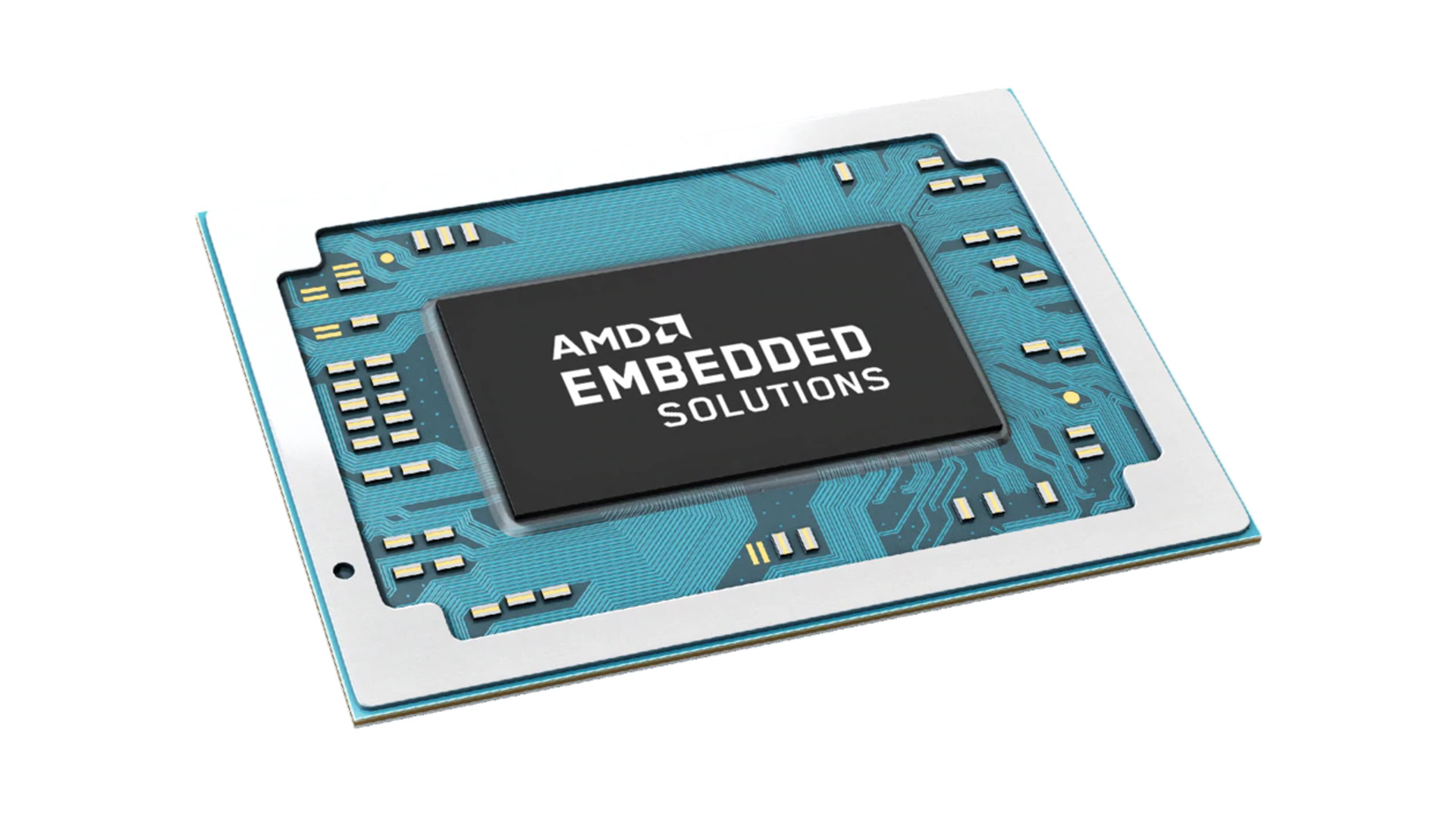
AMD has a few other processor lineups that target the enterprise end of the market. While the company’s consumer strategy works well for it, it has also made some serious strides in the enterprise space.
AMD Pro processors
AMD Pro is actually an umbrella brand for several series of processors meant for the enterprise market. Ryzen, Threadripper, and Athlon all have their own Pro series offerings. The company promises to focus on security with these processors. Security features include AMD Memory Guard for real-time encryption of system memory and AMD Shadow Stack hardware-level protection against control-flow attacks. There are also more implementations from OEMs and some OS-level features in Windows 10. You also get enterprise-grade support.
AMD Epyc processors
AMD Epyc is the company’s lineup of server CPUs, available only in OEM server systems. The EPYC lineup takes the capabilities you can see in the Threadripper series and scales it up to meet the heavy requirements of the server market. AMD has two series in the EPYC lineup, the 7002 series, and the 7003 series. The AMD Epyc 7002 series is the Zen 2-based platform, and the 7003 is the latest Zen 3-based server CPU lineup. You get up to 64 cores and 128 threads, and TDPs go up to 280W.
AMD embedded processors
AMD also offers embedded solutions for a variety of low-power and space-constrained applications. AMD’s Epyc and Ryzen platforms both have embedded versions. Epyc has three embedded chip series — the 3000 series for affordable server applications, the 7001 series based on Zen architecture, and the 7002 series based on Zen 2. There’s no Zen 3 embedded Epyc series yet. Ryzen gets multiple embedded CPU lineups, the most prominent being the performance-focused R-series and the low-power G-series.
The future of AMD processors
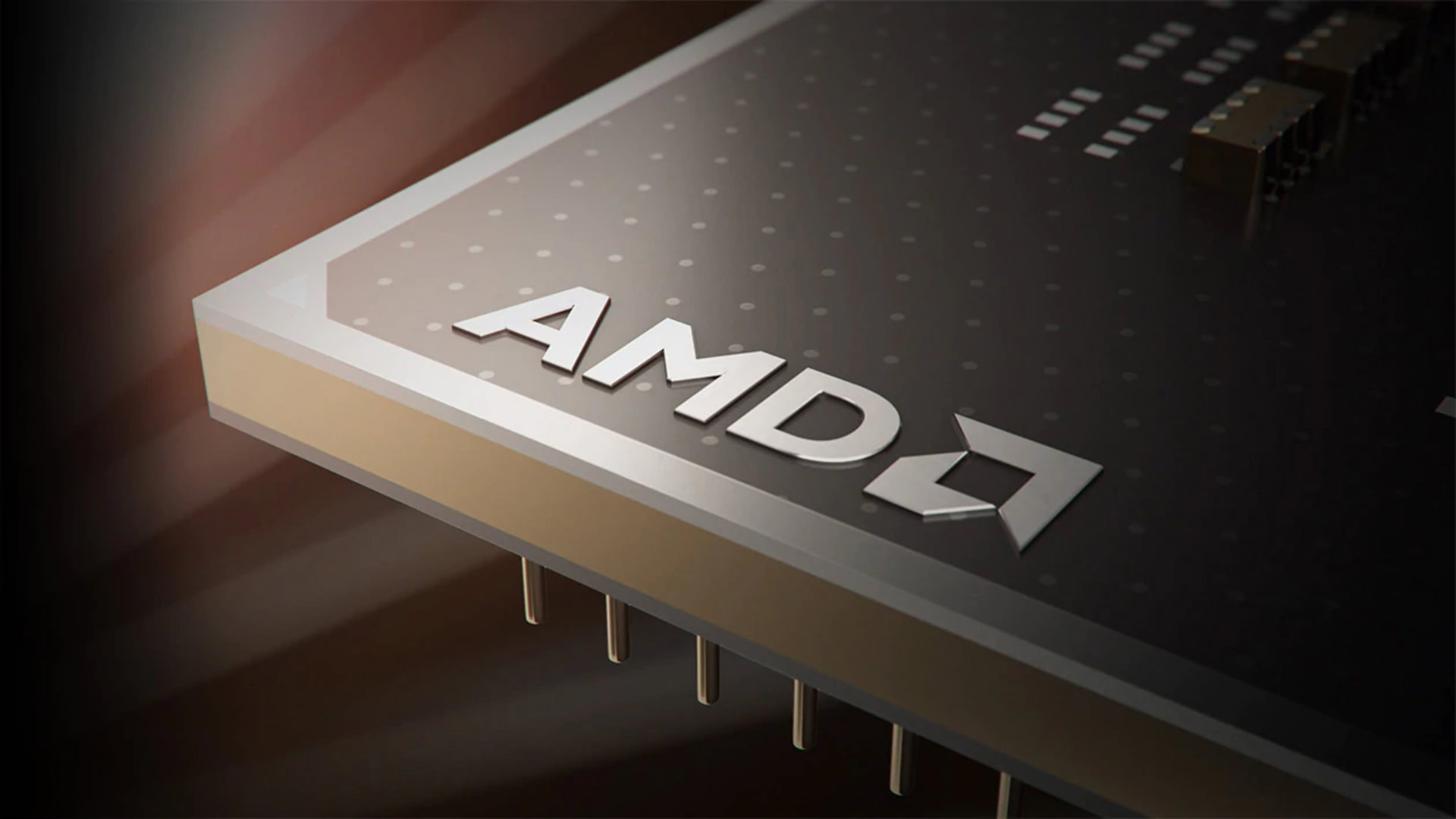
AMD seems prepared on all fronts when it comes to its processor strategy. It has a more streamlined set of offerings than Intel, as seen in this AMD CPU guide and it is quickly becoming the preferred CPU brand for more and more folks. The company has no plans of slowing down either. We’ll likely see it go to smaller and more efficient manufacturing processes in the coming years as Intel tries to catch up.
AMD also acquired Xilinx — a big name in the FPGA and networking business. That’s a potential goldmine in terms of diversification. AMD has had a flip-flop pattern in the past, where they did well for a few years but then lost steam. However, it has never bounced up this well, and if it keeps doing what it has been doing in recent years, there’s no stopping it from stealing valuable market share. For consumers, that can only be a good thing as Intel is also forced to compete harder than ever. More competition means better products and lower prices for everyone.
FAQs
AMD Ryzen processors are extremely competitive these days. The lineup is not as well advertised as Intel’s Core chips, but Ryzen has become more commonplace in both desktops and laptops.
AMD’s Ryzen processors typically offer great value for your money, but can be hard to find in laptops and desktops from certain brands.
Thank you for being part of our community. Read our Comment Policy before posting.